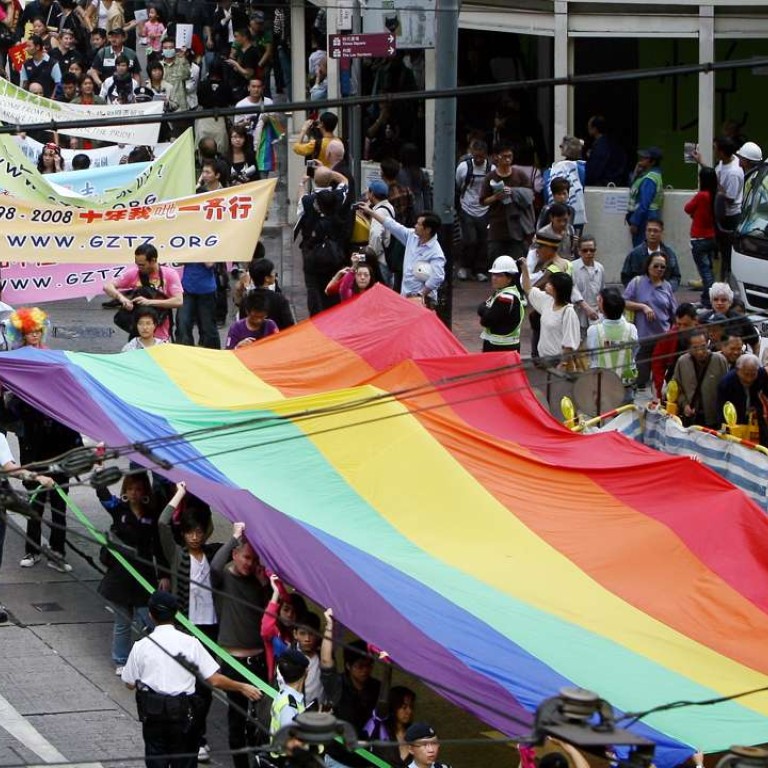
Government must address mental health of transgender people
The global theme of the International Day against Homophobia and Transphobia last month was “mental health and well-being”.
However, figures from my recent research in Hong Kong conducted with the Transgender Resource Centre show rather worrying figures about the mental health of transgender people in Hong Kong.
Through a local transgender community-led initiative, a total of 190 participants from Hong Kong filled in a community-designed questionnaire. The data was collected online between 2014 and 2015. Participants were recruited through the website of the centre.
Among the 190 transgender respondents, it was found that 63.2 per cent had contemplated suicide, and 18.4 per cent had attempted suicide.
Among the transgender respondents aged below 30, 70.4 per cent had contemplated suicide and 24.1 per cent of them had attempted suicide.
Previous research on adolescents in Hong Kong found that 40 to 50 per cent of the respondents in their respective studies had thought about suicide. However, the proportion of adolescents thinking about suicide is even higher among the transgender respondents in this study.
This research shows that transgender people’s tendency to have suicidal thoughts in Hong Kong is consistently high compared to some other parts of the world. These findings illustrate that there is an urgent need for policymakers in Hong Kong and service providers to address the mental health needs of transgender people, particular those who are younger.
Transgender people’s mental health is affected by a variety of factors. These include a high level of social exclusion and gender identity-related discrimination.
This has recently been documented in Hong Kong in the Study on Legislation against Discrimination on the Grounds of Sexual Orientation, Gender Identity and Intersex Status. It is also important that mental health services are culturally sensitive to the needs of transgender people. This is particularly relevant for Hong Kong, as there has been recent evidence of discrimination experienced by lesbian, gay, bisexual, transgender and intersex people when accessing services, including seeking help from social workers and counsellors.
The fact that 63.2 per cent of transgender people in Hong Kong had contemplated suicide and 18.4 per cent had attempted suicide begs an urgent response from the government and services providers.
Suen Yiu-tung, assistant professor, department of sociology,
Chinese University of Hong Kong

